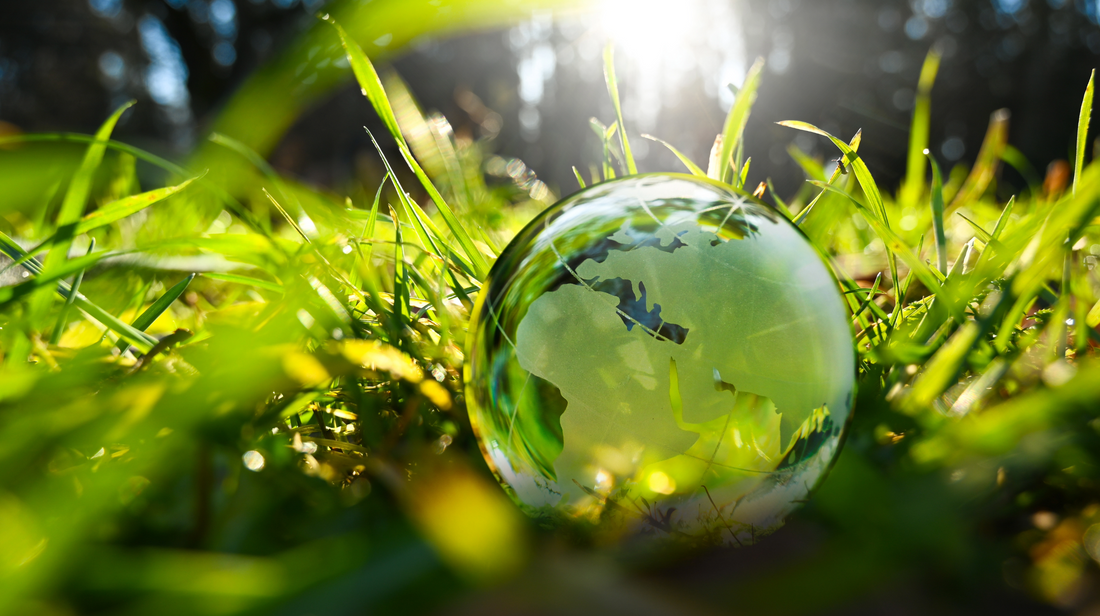
13 Key Sustainability Issues in the Beauty Industry
Share
The recent evaluation of 239 beauty brands by 'Good on You' provides a critical look at the sustainability practices within the beauty industry. The ratings assess various factors, including ingredient sourcing, labor practices, environmental impact, and transparency. This assessment reveals a diverse range of practices among brands, with some leading the way in eco-friendly measures while others highlight significant areas for improvement.
As consumers become increasingly aware of the ethical and environmental implications of their beauty products, the industry faces mounting scrutiny. A recent article in Vogue sheds light on the pressing issue of transparency in the beauty sector, echoing findings from 'Good on You' regarding the sustainability practices of 239 brands. Here are 13 key sustainability concerns highlighted in these discussions:
1. Ingredient Sourcing:
Many brands continue to struggle with sourcing ingredients sustainably. Issues such as the use of harmful chemicals and unsustainable palm oil practices contribute to significant environmental harm.
2. Animal Testing:
Despite a growing movement towards cruelty-free products, the article emphasizes that animal testing remains prevalent. The industry needs to adopt more humane alternatives.
3. Transparency:
A major concern is the lack of transparency in ingredient sourcing and corporate practices. Vogue stresses the importance of brands being open about their processes to help consumers make informed choices.
4. Packaging Waste:
Excessive plastic use and non-recyclable packaging are critical issues. Innovative solutions, such as biodegradable or reusable packaging, are necessary to reduce waste.
5. Labor Rights:
Ethical labor practices are vital; however, many brands are still linked to exploitative conditions. Ensuring fair wages and safe working environments must become a priority.
6. Carbon Footprint:
The beauty industry contributes significantly to carbon emissions through its production and distribution processes. Brands must adopt practices that reduce their environmental impact.
7. Water Usage:
High water consumption in production processes is concerning, especially in regions facing water scarcity. Sustainable water management practices are essential.
8. Supply Chain Management:
Many brands lack oversight in their supply chains, which can lead to unethical practices. Ensuring that suppliers adhere to sustainability standards is crucial.
9. Chemical Safety:
The use of harmful chemicals poses risks to both consumers and the environment. Brands should prioritize safer, non-toxic formulations to protect public health.
10. Biodiversity:
The reliance on certain ingredients threatens biodiversity. Sustainable practices must include measures to protect ecosystems and maintain wildlife habitats.
11. Fair Trade Practices:
Supporting fair trade ensures that producers receive fair compensation and promotes environmentally sustainable farming practices.
12. Community Impact:
Brands need to consider the effects of their operations on local communities, ensuring that their practices do not disrupt social structures or economies.
13. Consumer Education:
Educating consumers about sustainability issues is vital. Brands have a responsibility to inform their customers about the impact of their choices, fostering a more informed buying public.
The beauty industry is at a crossroads, grappling with the need for greater transparency and accountability. With insights from Vogue and the evaluations by 'Good on You', it’s clear that addressing these 13 sustainability issues is essential for brands aiming to improve their practices and ratings. As consumers increasingly demand responsible options, supporting brands that prioritize transparency and sustainability will pave the way for a more ethical beauty industry. Together, we can push for meaningful change that benefits both the planet and society.
